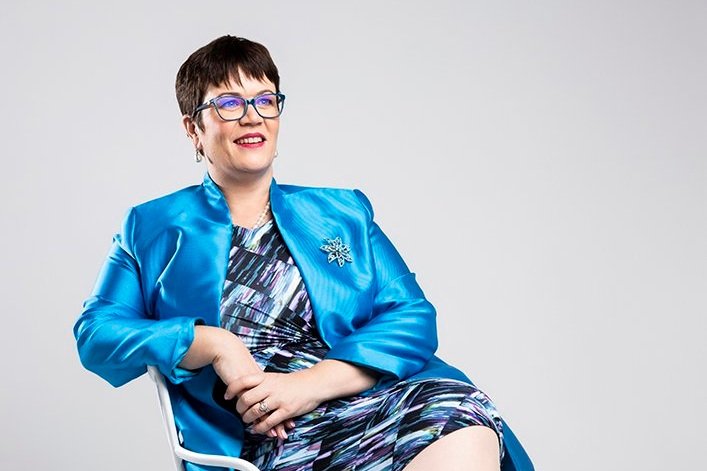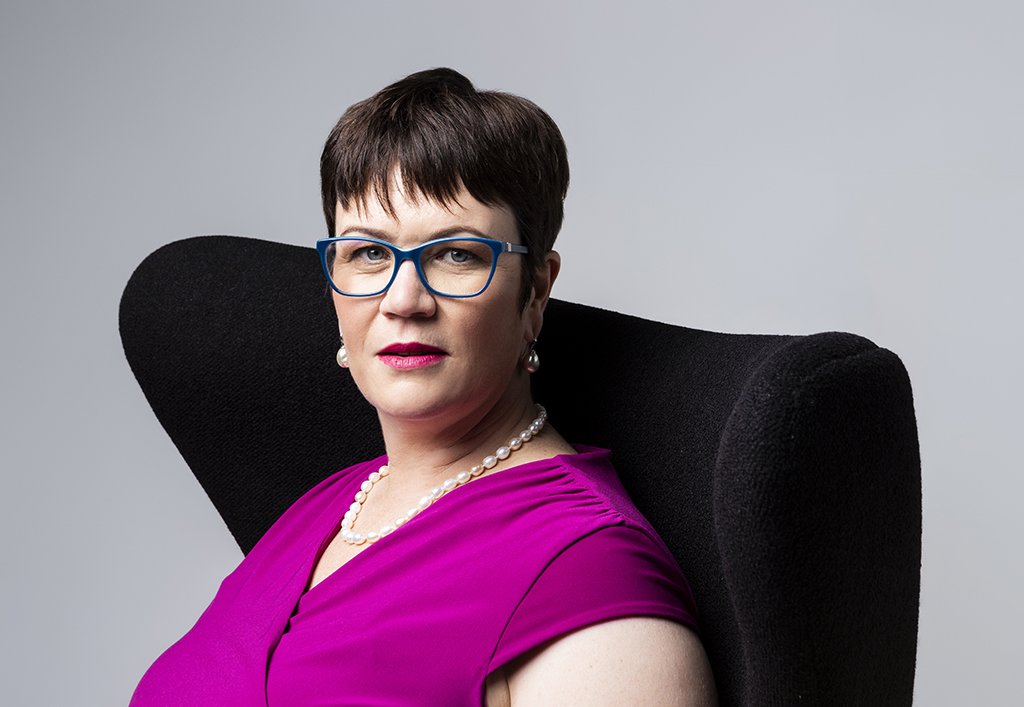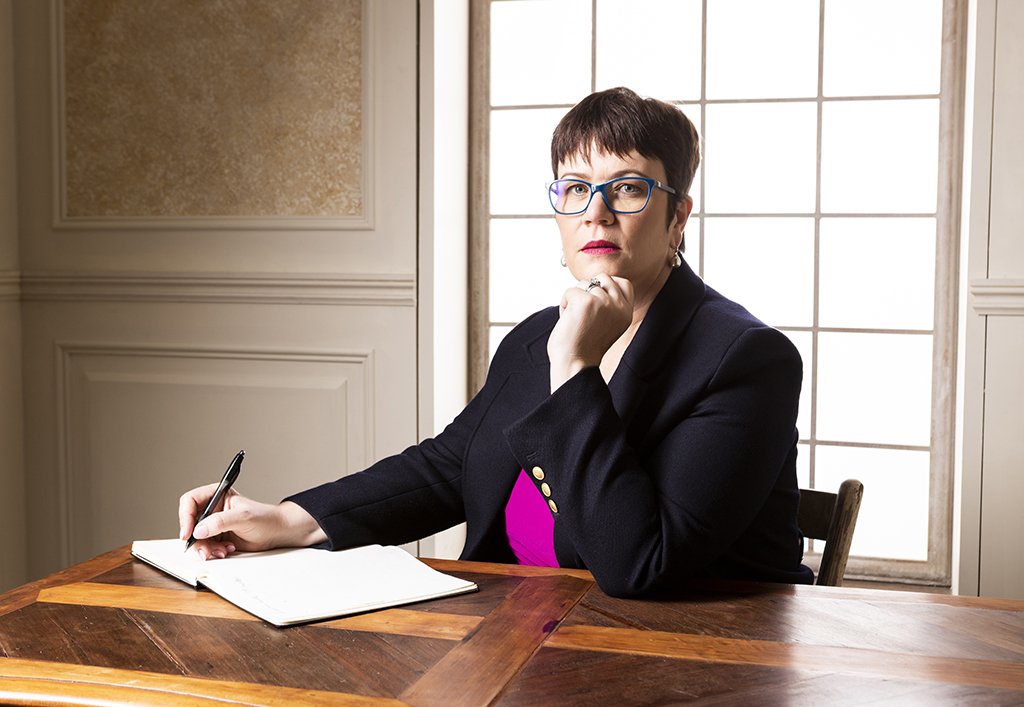



This year I'm celebrating 20 years since I first established my business, back in 2004.
In this video series, I share some of the insights from what I've learned over that time.

You'll get a lot of people who think that they’ll suddenly have choices and options and a whole lot of flexibility and a really leisurely lifestyle if they start a business.

Don't be misled by what other people's idea of success might look like, because we all have to follow our own path.

You are never too young or too old, for that matter, to start a business or to do something new.

You've got to weigh up the pros and cons of what you might leave behind, the benefits that that might bring, particularly in terms of a regular income or other sorts of non-financial benefits that come with being in a job in a large company or some other organisation.

Quite often there'll be this assumption that once you get started, you're going to grow and expand and that this is what we're here to do.
Now, for some people, that is what they're there to do, but that is not for everyone.

If I think back over the last 20 years or really throughout my life, the decisions I've most regretted have been those where I didn't trust my instincts.

When it’s your business, it’s also your life. Considerations of what you want from your business, also need to take into account what you want in your wider life.

Yes, you are a leader.
No matter how small your business might be, there are people who depend on you, look up to you, are inspired by you and see you as a role model.

You don’t need an exit strategy.
It’s advice often given to new business owners, but your exit strategy is not the first thing you need to consider when starting out.

Vanity metrics don’t matter
There’s plenty of data out there these days. Some of it matters and some of it doesn’t. We need to keep our eyes on the important metrics, not just those that make us feel good.

Protect your own time
Work life balance may be a myth, but when you’re in your own business there’s always more to do.
It means protecting your own time, by setting boundaries for yourself, is important.

Seek advice when you need it.
None of us can be expert at everything.
So, it’s important, especially as your business grows, to seek help in areas outside your own expertise.
Budget for expert advice as part of your regular business expenses and don’t be afraid to ask for that help when you need it.

Learn to delegate.
As a business owner you’ll start out doing many things yourself. But over time you’ll need to prioritise those things that require your personal time and attention and those that can be done by someone else.
Learning to delegate is an important skill to develop over time.

Take your time.
It’s important to take things at your own pace and not feel pressured by other people’s priorities and other people’s timelines.
It’s OK to step back and consider all your options before making improtant decisions, to ensure they serve you well.

Your business is not a democracy.
While it’s important to consult with stakeholders, including employees you may have, in the end, as a business owner, you need to make and take responsibility for your own decisions.

You don’t need a partner.
You may have started your business with a partner, and that’s great. But if you’ve started on your own, taking on a partner at a later stage is a big decision.
Like any decisions, you need to ensure that the circumstances are in your favour and there may be other avenues to consider.

Be clear on what you want.
People start businesses for different reasons, but what’s important is what you want to achieve and not what others might think your goals should be.
If you’re making a big shift, such as leaving your corporate career to start a business, then being clear on what you want is important to your decision making process.

Have fun!
There will always be challenges in business, but make sure you fundamentally enjoy what it is you’ve chosen to do.
If not, do something else.
I’ve enjoyed my 20 years in business so far and I’m looking forward to many more.